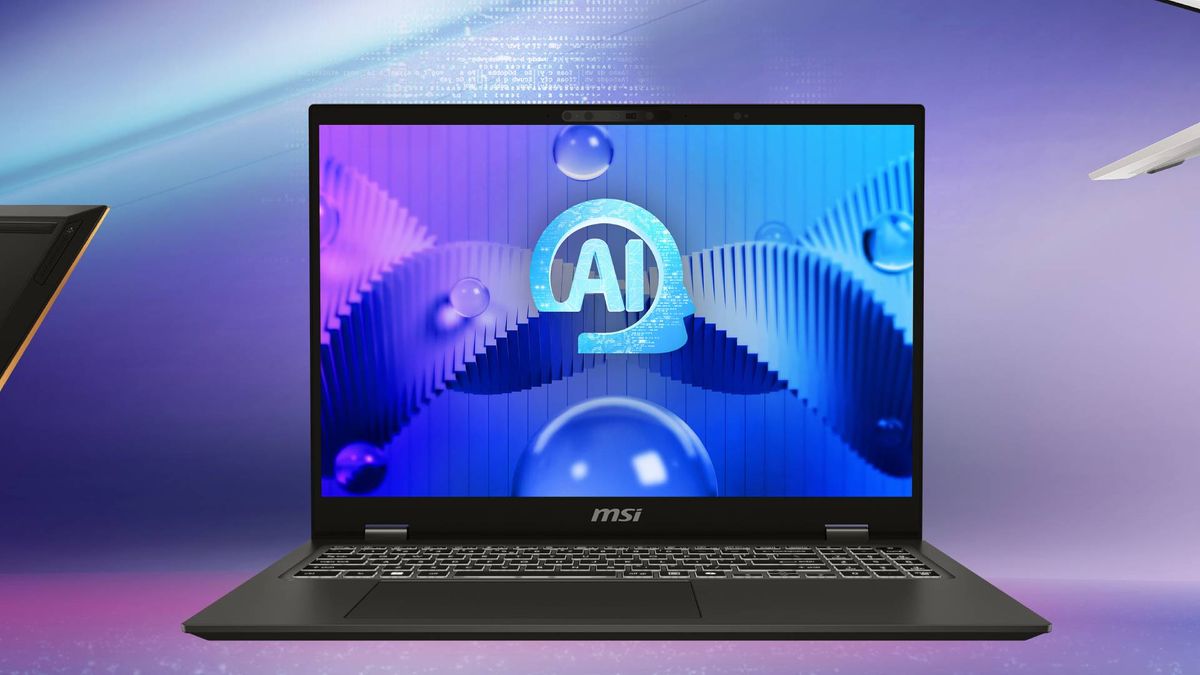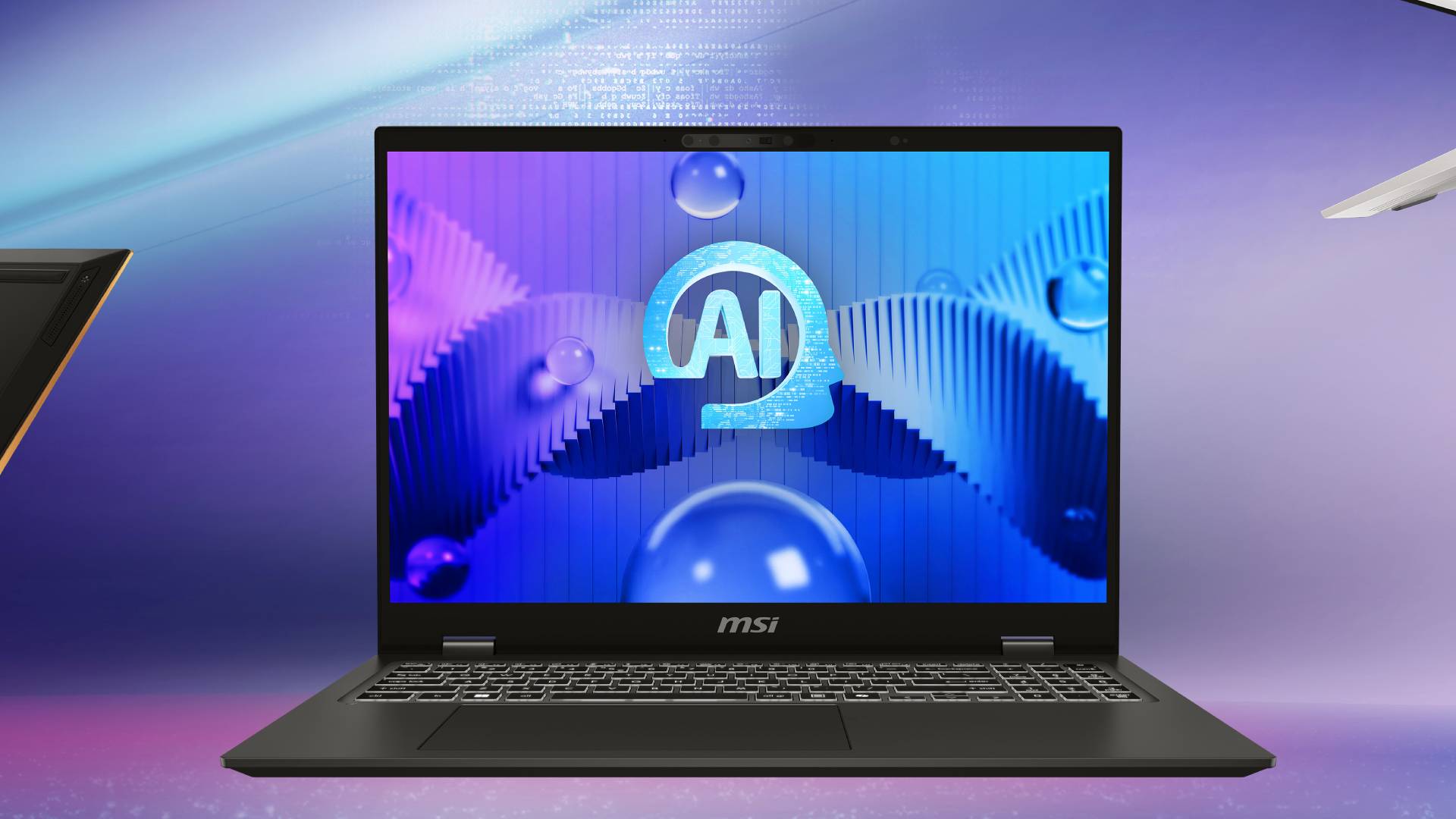China wants to be the global AI leader in personal computing, but it is in business where they want to make it big


Despite declining PC sales in the country, China is on track for healthy growth in the sector as it scales up production by 2025 to get AI PCs into the hands of consumers and businesses, new figures claim.
According to the latest Canalys reports, PC sales fell 6% year-on-year in the second quarter of 2024, but in 2025 PC sales are expected to grow 12% – significantly more than the 1% expected for tablets.
This push is supported by China’s commitment to AI. The country has stated its ambition to increase its computing capacity by 30% before 2025, in preparation for the widespread adoption of advanced technologies such as generative AI.
Chinese PC shipments are about to get a boost
Canalys analyst Emma Xu explained that AI involvement in mainland China is higher than in many Western markets, and while AI regulations have prevented many companies from taking advantage of certain Western tools such as Microsoft Copilot, local companies have responded strongly.
“This is pushing vendors toward localized strategies to develop AI PCs, either by integrating internal AI assistants or building their own AI application ecosystems by working with developers,” Xu added.
Nearly half (47%) of Chinese companies have a clearly defined AI strategy, encouraging and incorporating the technology into workflows. Only 21% of companies in the US and UK respectively reflect this.
While the productivity benefits of AI PCs are clear across the board, they are more apparent among business users who need extra processing power to handle heavier workloads. The market share of AI PCs within the entire PC sector is indicative of industry adoption. It is predicted that AI PCs will only take 13% of the market in 2024, but by 2025 this could almost triple to 37%. Canalys expects AI PCs to be responsible for three in five (62%) new PC shipments by 2027.
“To achieve stronger business results, suppliers must focus on market expansion and differentiation to improve user experiences and results,” said Xu. “The use of AI models on devices will be particularly useful in this regard.”




